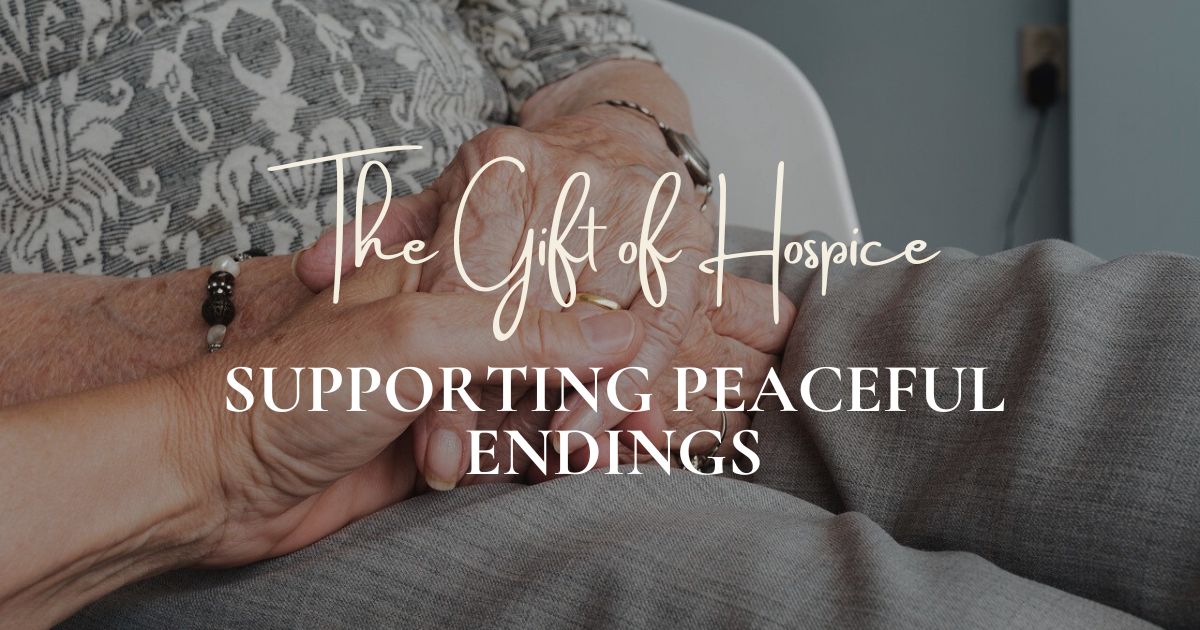
Want to learn more? Listen to the podcast discussing this blog post.
Facing a serious illness can be a challenging journey for both the individual and their loved ones. When curative treatments are no longer an option, hospice care offers a compassionate and supportive approach focused on enhancing quality of life, managing symptoms, and providing emotional and spiritual support.
Understanding the Hospice Philosophy
Hospice is not about giving up; it's about shifting the focus from curing an illness to providing comfort and dignity. It recognizes that dying is a natural part of life and aims to create a peaceful and supportive environment for individuals with life-limiting illnesses and their families.
What Hospice Offers
Expert Symptom Management: A dedicated team of healthcare professionals, including nurses, doctors, social workers, and chaplains, work together to manage pain, nausea, shortness of breath, and other symptoms, allowing the individual to remain as comfortable as possible.
Emotional and Spiritual Support: Hospice provides counseling and spiritual guidance for both the patient and their family, helping them navigate the emotional and spiritual challenges associated with a terminal illness. This support can be invaluable in fostering acceptance, finding meaning, and coping with grief.
Respite Care: Hospice offers short-term respite care, giving family caregivers a much-needed break while ensuring their loved one continues to receive excellent care. This allows caregivers to attend to their own needs and recharge, enabling them to provide better support in the long run.
Practical Assistance: Hospice staff can assist with everyday tasks like bathing, dressing, and medication management, easing the burden on family caregivers. This practical support allows families to focus on spending quality time with their loved ones.
Where Hospice Care Takes Place
Hospice care is typically provided wherever the patient calls home, whether that's a private residence, assisted living facility, or nursing home. The hospice team works closely with the patient's primary physician and other healthcare providers to ensure coordinated care and seamless communication.
Who Benefits from Hospice?
Hospice is beneficial for individuals with a life expectancy of six months or less if the illness runs its natural course. However, it's important to remember that hospice is not just for the final days of life. Starting hospice sooner allows individuals and families to benefit from its services for a longer period, maximizing comfort and support during this challenging time.
Making the Decision
Choosing hospice is a personal decision that should be made in consultation with your loved one's healthcare provider and family. It's important to understand the goals of hospice care and how it can enhance the quality of life for both the patient and their loved ones.
If you're facing a serious illness or caring for someone with a life-limiting condition, consider exploring hospice care. It can provide comfort, support, and dignity during a challenging time, allowing your loved one to focus on living their remaining days to the fullest surrounded by the love and care of their family.





